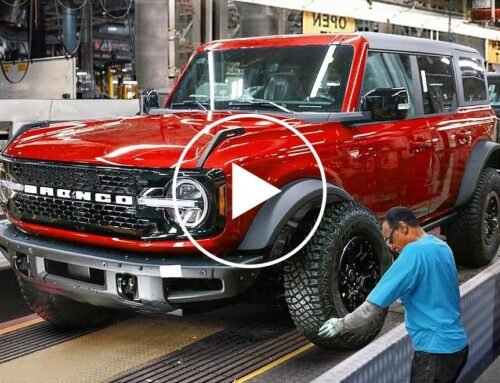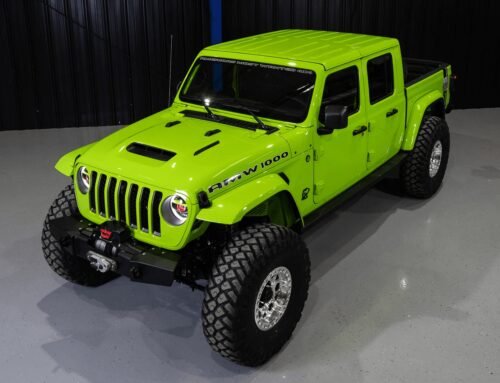It’s troubling it took this long.
An issue that should never have taken this long to resolve has finally been concluded. The National Highway Traffic Safety Administration (NHTSA) and Tesla have agreed to recall a total of 134,951 Tesla Model S and Model X electric vehicles due to touchscreen failure. The recall affects the 2012-2018 Model S and 2016-2018 Model X. The government safety agency began investigating the problem last June after receiving over 12,000 owner complaints and other related information submitted by the automaker itself.
“Tesla has decided to voluntarily recall certain Model S and Model X vehicles built before March 2018 that are equipped with an 8GB embedded MultiMediaCard (eMMC) in the media control unit because the eMMC may malfunction due to accumulated wear,” the automaker formally stated.
Last month, the NHTSA formally sent a recall request to Tesla after it concluded these touchscreen failures pose a safety risk. Drivers rely on these screens for a number of safety-related issues, specifically images from the rearview backup camera. There are also controls for the defrosting systems and windshield defogging. Autopilot can also be affected because drivers may not receive critical audible safety alerts.
A few days ago, Tesla made a suspiciously timed offer to owners of pre-2018 vehicles: a 40 percent discount to upgrade from MCU1 to MCU2. The total came to $1,500, which might sound reasonable under normal circumstances. Only they weren’t. Some believed this was a last-ditch attempt by Tesla to avoid a pricey recall.
The recall, like all others, will be done free of charge and those affected will receive a 64GB eMMC instead. Owners do not need to contact the carmaker for details and instead will be directly notified once the parts become available. Tesla specifically requests owners not to schedule a service department appointment with the sole exception of receiving a vehicle alert signaling memory storage device degradation or a consistently blank screen. Perhaps somewhat surprisingly, customers who took the $1,500 offer may be eligible for reimbursement.
Recalls are an expensive ordeal and automakers try to avoid them by issuing technical service bulletins or, better yet, releasing non-defective products in the first place. But sometimes there’s simply no choice in the matter, a lesson Tesla has just learned.





